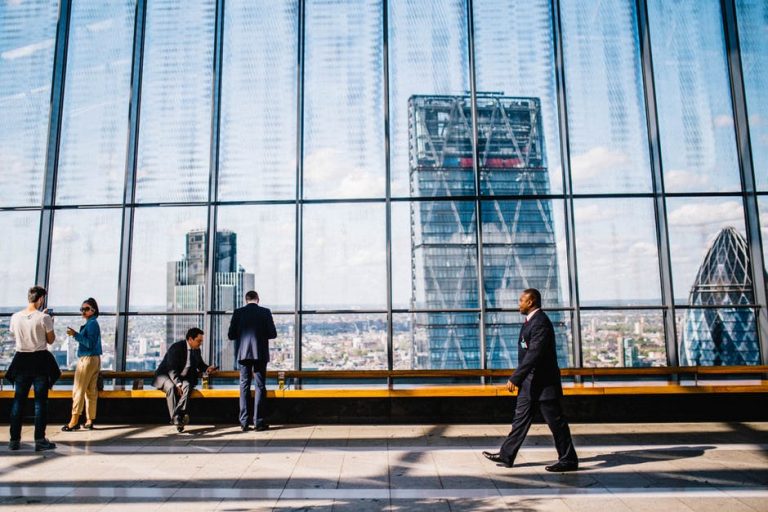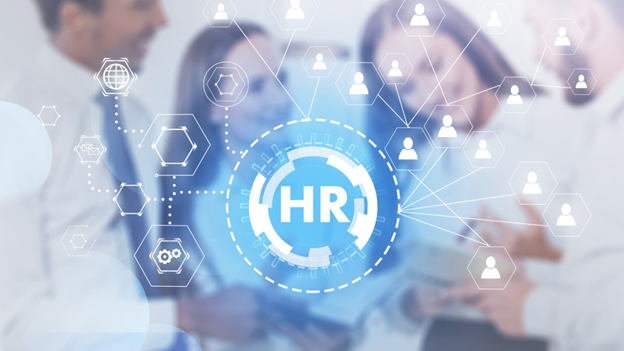COVID-19 has brought greater stress to the world of work.
Employers need to realise that their workforce is under immense pressure.
Protecting mental wellness in the extended workplace is as important as other occupational health and safety measures.
The “extended workplace” refers to the virtually integrated on-premises, remote and work-from-home locations over which employees now find themselves spread.
Mental hazards
The World Health Organisation (WHO) says that “Mental health is a state of well-being in which an individual realizes his or her own abilities, can cope with the normal stresses of life, can work productively and is able to make a contribution to his or her community.”
However, modern workers face a range of hazards that can severely impact their mental well-being and, by extension, their ability to do their best work.
For those working from home, it may be dealing with professional pressures while caring for house-bound children. For those on-premises, it could be the risk of being in close proximity to potential COVID carriers and the threat of becoming infected.
A stressful working environment, isolation, discrimination and inequality, domestic violence and many other factors can all contribute to employee distress.
Companies who do not focus on promoting mental wellness stand to lose not only profits but also their reputation as employers of choice.
Flexibility
When the going gets tough, tough leaders get going. It’s in their nature to meet threats with tireless effort and unrelenting focus.
Unfortunately, they often demand the same from a workforce not blessed with their mental fortitude.
Maintaining profits is important but driving stressed employees harder will only demoralise them and cripple their productivity. Leaders need to slow down and consider how to motivate their workers intelligently.
Education
Organisations must educate themselves on the best approaches to creating a supportive extended workplace. First and foremost, they should institute an educational programme to help employees understand mental wellness, how to respond effectively to stress and how to develop personal resilience.
Use the same technologies that have kept companies running during lockdown to provide on-demand information and professional counselling to the remote and in-house team.
Personalisation
People are not equally affected by conditions and do not respond identically to pressures. So employers should avoid a blanket approach to preserving mental wellness.
Instead, they need to consider the unique circumstances of individual employees and their personal capacity to cope with adversity in life. Single people working from home might benefit from being included more in virtual meetings whereas single mothers on-premises may be grateful for flexible working hours.
Creating a customised work experience around mental wellness may be the best thing employers can do right now for their workers.
Mental rewards
Just as employers are judged by their support for equality, fairness and safety in the workplace, their reputation will now be determined by how sincerely they promote their workers’ mental wellness.
Reward practitioners can help them devise a corporate mental wellness offering as a core benefit for attracting, retaining and motivating employees.
Employers unable to offer the same packages as before can make up for it by providing the peace of mind and coping mechanisms their staff earnestly need to keep going.
Dr. Mark Bussin is a Master Reward Specialist and Executive Committee Member of the South African Reward Association (SARA).
![]()
























